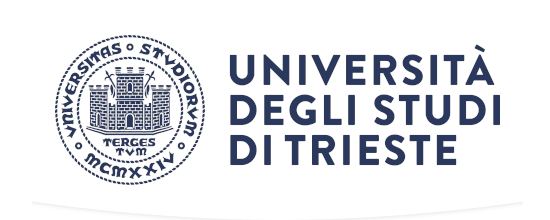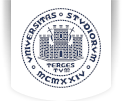The course aims to provide students with a strong command of both theoretical and applied economics topics together with relevant teaching in business, legal, mathematical and statistical disciplines.
Students are prepared to address and resolve problems in macro- and micro-economic environments, exploiting a multiplicity of analytical tools that combine the fundamental principles of economic sciences with mathematical and statistical methods and the necessary methodologies for their application in economics. Particular importance is attributed to the ability to model economic, social and cultural phenomena.
In a context of international integration of real and financial markets, the course analyses the overall functioning of economic systems and studies the behavior of companies, private-sector organizations and public-sector bodies that constitute these systems.
From the various topics studied in the course, five areas emerge which jointly contribute to the realization of the most effective learning objectives for the intended professional profiles.
Theses profiles are also recognized by the labor and management organizations that have been consulted.
- Area ‘Culture and general and applied learning’
- Area ‘Economics’
- Area ‘Business administration and management’
- Area ‘Quantitative studies’
- Area ‘Legal studies’


